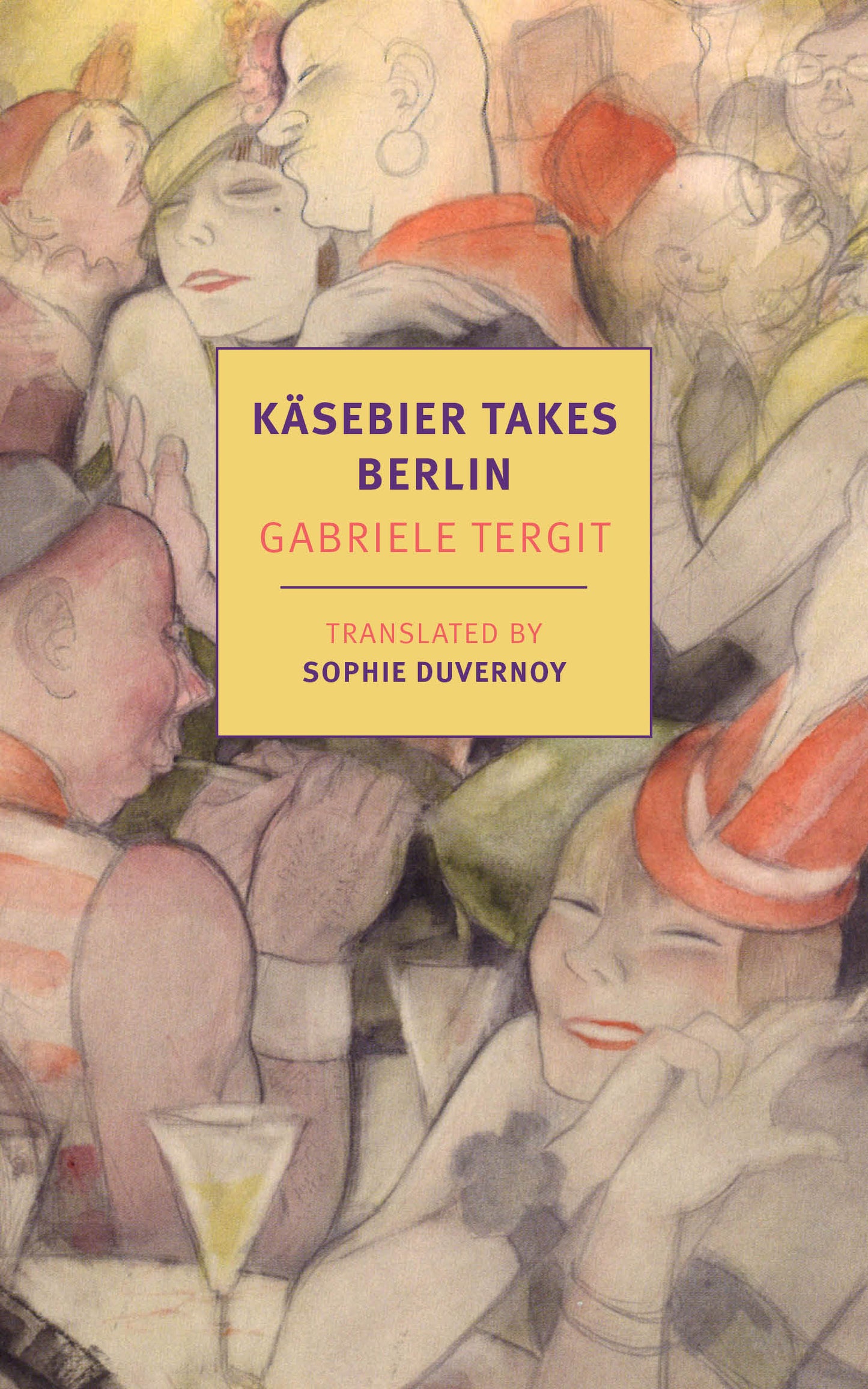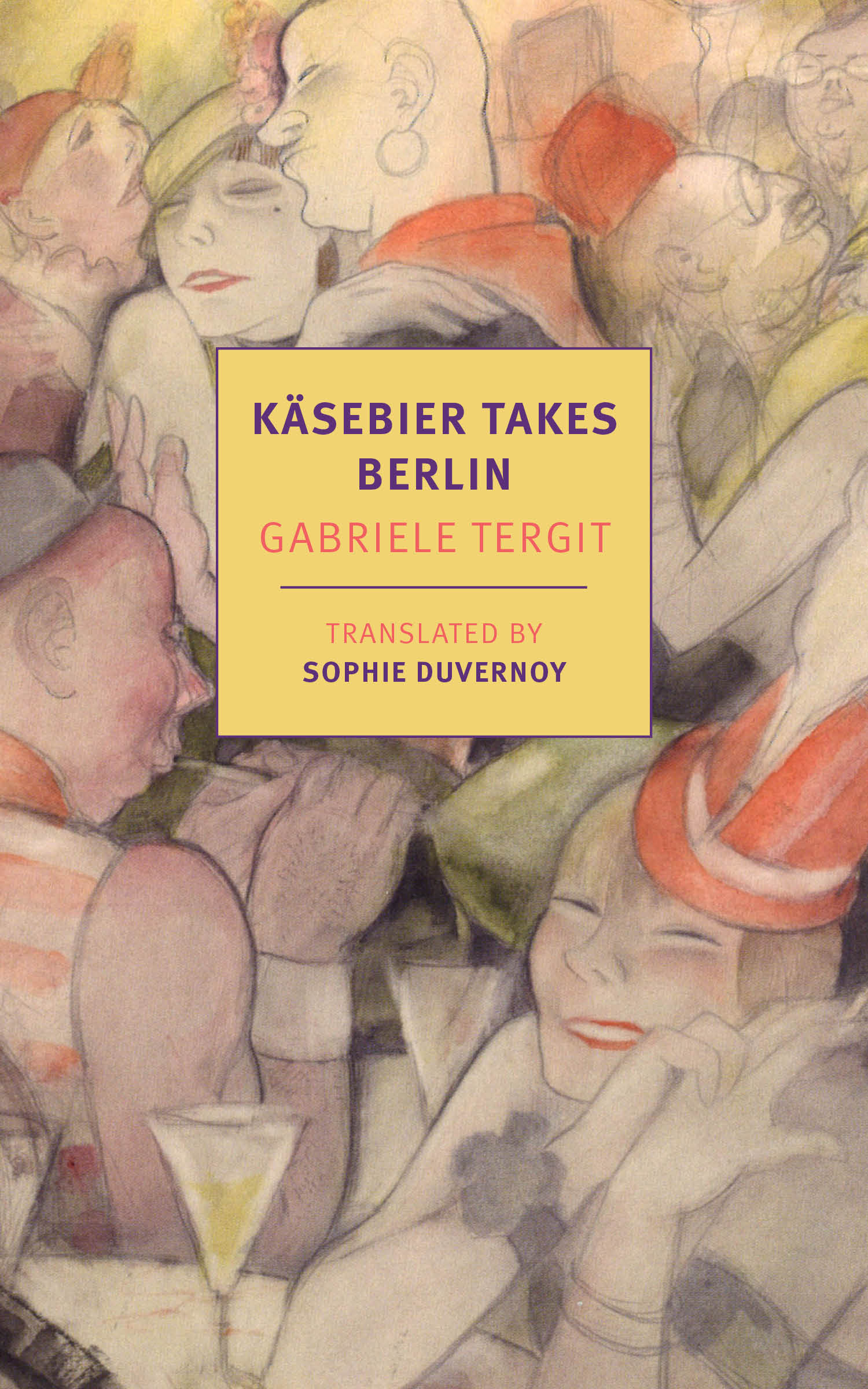Käsebier Takes Berlin
Käsebier Takes Berlin
by Gabriele Tergit, translated from the German and with an introduction by Sophie Duvernoy
Regular price
$16.95
Regular price
$0.00
Sale price
$16.95
Unit price
per
Couldn't load pickup availability
Additional Book Information
Additional Book Information
Praise
Praise

-
Shopping for someone else but not sure what to give them? Give them the gift of choice with a New York Review Books Gift Card.
Gift Cards -
A membership for yourself or as a gift for a special reader will promise a year of good reading.
Join NYRB Classics Book Club -
Is there a book that you’d like to see back in print, or that you think we should consider for one of our series? Let us know!
Tell us about it





